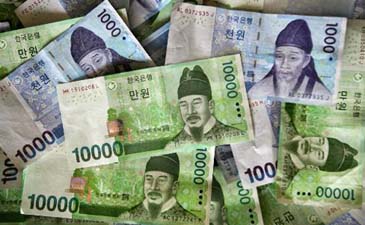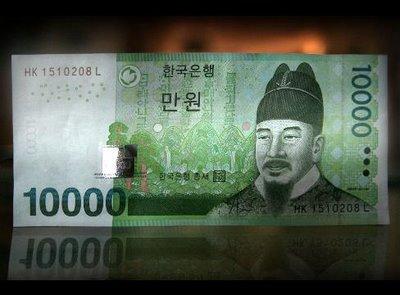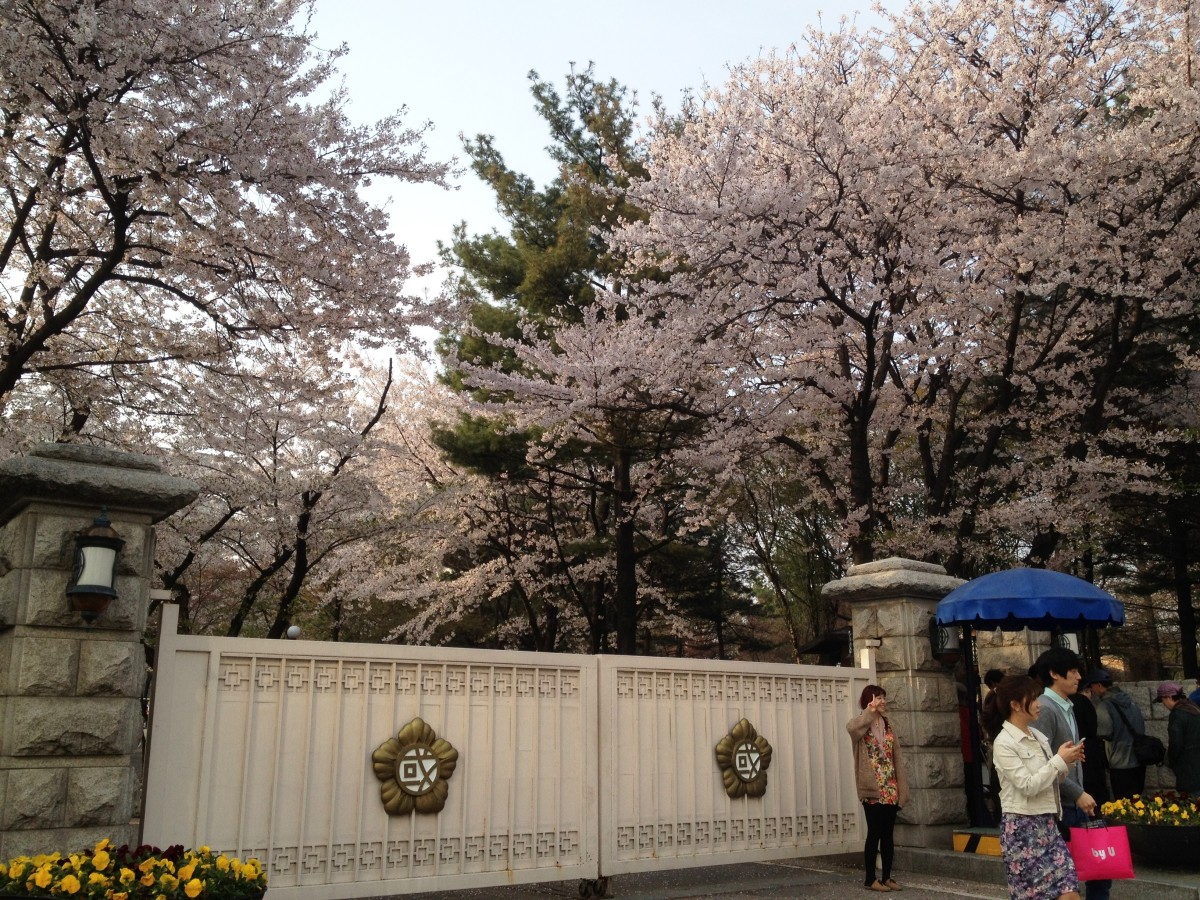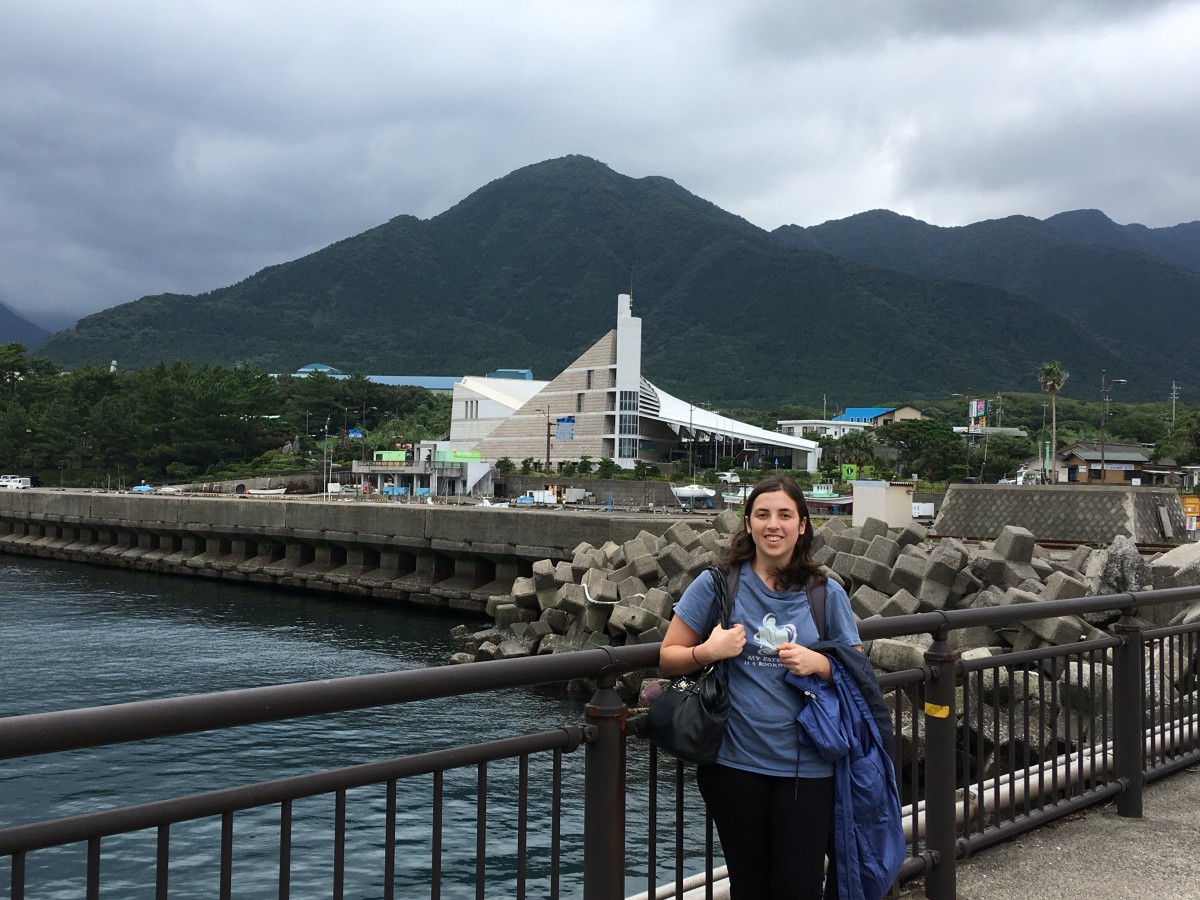- HubPages»
- Travel and Places»
- Visiting Asia»
- Eastern Asia
Teach English in Korea: Financial Considerations

In these uncertain financial times and with the job market in poor shape, many recent graduates of undergraduate university programs are looking into less traditional ways of getting ahead in the workplace, as well as paying off the debt they wracked up as students. Aside from financial concerns, many recent graduates are also looking to break away from everyday grind, and try something new and exciting -- if only for a little while. Year long contracts to teach English in Korea with travel expenses and lodgings paid for sound pretty great compared with a lot of other options at home. It sounds like a piece of cake, its attractive and young men and women with a fresh bachelor's degree, hot off the presses, are flocking to the land of the morning calm in huge numbers. A generation apt to leap before we look, there are nevertheless some important issues to consider financially before we head east. For other non-financial consideration, please click here.
First things first, lets consider how much you can expect to make each month. Most foreign teachers in Korea start out teaching at a private English academy, or Hakwon, where the average salary is around 2,000,000 KRW after taxes if you are from Canada or the United States. If you are from any other English speaking country you can expect to be offered a little less per month. Your employer will either pay for your living accommodations or you will be giving a living allowance to find your own. If you're employer pays for your rent, you are usually expected to pay monthly bills from your 2,000,000 KRW to the sum of around 200,000 - 300,000 KRW a month, depending on how much heat and light you use. Much like at home, you can expect your monthly bills to peak in the winter and summer, and be lower in the spring and fall.

Now that you've considered how much money you're going to make, you should consider how much money you have now. In other words, what's your current financial situation? Its going to cost you a bit of money to move to Korea, even though most of your costs will be covered by your employer, and you won't get your first full paycheck until you've been working unsupervised for a full month. If you have already started to pay back your student debt you should consider saving up enough money before you leave to give yourself a cushion for one or two months, and if you haven't it might be best to see if you can differ your loans for a few months until you're set up in your new place. You should also consider that in a brand new apartment, you'll probably want a few things to make it seem more like home, and less like I dorm room, so you should factor that into your budget for the first few months too.

So you know how much money that you're planning to make and you've got plans in place for your student loans if that applies to you. The next thing that you should consider, to make sure this year will be financially viable for you, is to look at current and projected exchange rates. A thousand South Korean won used to be worth a little more than a US dollar but recently dipped to as low as $0.75 which has made huge difference to Americans working in Korea. The situation is similar with other currencies as well, and worth taking into account when you are crunching the numbers about your year abroad. Exchange rates can be fickle things, and if you can afford to wait a few months to exchange your currency you might be better off. If you can't afford to wait, you should realistically look at the amount of money that your employer is offering, the exchange rate and the exchange fee. Not a make-or-break issue for most, but also not something to be taken lightly.
Lastly, don't forget to budget a little money for fun, excitement, a few brews and a little spontaneity along the way. You are coming all the way to Korea after all, and you don't want to be left out of the fun for budgetary reasons if you don't have to. Budgeting your money wisely and a little bit of advanced planning can make all the difference in the world for you, your pocket book, and your sanity. Happy Travels!
Laura Berwick is an English teacher at a private English academy in Seoul, South Korea. For more information about her and her Korean experience visit her blog here.








